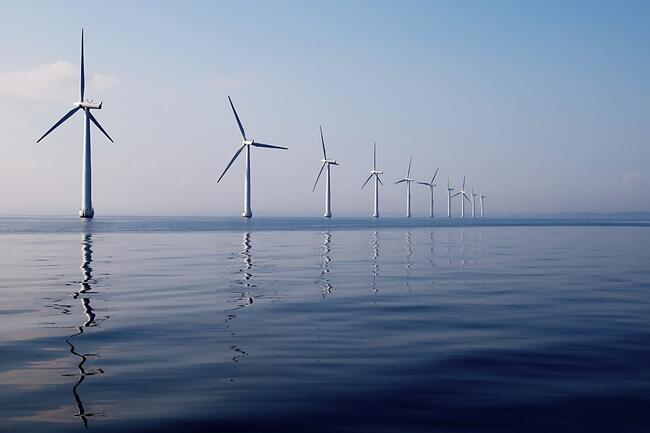The future of
values held by
people in our country
Client
BMBF
Year
2020
Partner
Z_punkt
Modern society is characterised by different lifestyles and a variety of values. These influence the actions of individuals, social groups, and societies. The Future Office of the BMBF Strategic Foresight process (Foresight III), consisting of Prognos and Z_punkt, looks into the future of value concepts in Germany.
The surveys make it clear that the respondents are characterised by the desire for a society that represents solidarity and justice. On a personal level, it seems possible to implement these values, including through increased voluntary commitment. At the societal level, there are signs of fractures that might affect this desire. These include persistent differences in income, increasing selfishness and performance orientation, as well as a divergence of values within Germany, which was the case for more than two thirds of the people surveyed. Equally, a decline in social cohesion was suspected by 60 percent.
Value-influencing factors
Education, income, and political interest have a major impact on the assessment of social, political, and technological developments. Dependence on these factors and a gap between what is desired individually and what is perceived socially determine whether these developments are met with trust or mistrust. Values are predominantly influenced by one’s personal sphere as well as education and the working world. Social media does not yet seem to have a significant influence on values – even from the point of view of young people, they still played a subordinate role in the focus group.
Possible future scenarios
Together with experts, six different future scenarios were developed that are designed to stimulate further discussion:
- The European route – confident, joint EU partners
- Competition mode – competitive and performance-oriented
- Return of the blocs – Germany seeks its identity in the context of geopolitical blocs and follows a trend of relocation
- Multi-speed society – a socially differentiated society with a clear regional gap, policies weak in action, and a high degree of pervasion of digital technologies
- Bonus system – social engagement is (digitally) recorded and rewarded via a point system, but there is also a tendency toward disintegration and division
- Ecological regionalisation – climate change creates new economic models, social innovations, and decentralisation, but also leads to a loss of prosperity
All scenarios are plausible alternative descriptions of possible futures and lead to the characterisation of different values.
Survey methods
The study was conducted between July and December 2019, i.e., before the Covid-19 pandemic in spring 2020. The available study results therefore provide a good basis for comparing, among other things, the effects of the pandemic with the previous results. An update of the study is planned for spring 2021.
The study is based on a broad repertoire of methods: a contextualisation of literature analysis was sought at an early stage via in-depth interviews with experts. The Allensbach Institute for Demoscopy conducted a representative survey to substantiate specific questions with current empirical evidence. In addition, young people were consulted in a focus group to record their opinion and to investigate the internet usage behaviour of population groups with different values.
The study shows that social phenomena can be produced by very different factors. Specifically, the scenarios also outline possible manifestations of many developments that were discussed during the Covid-19 pandemic.
Read the whole study (PDF, in German)
Further links:
Study in English (BMBF website)
BMBF press release (in German)
Do you have questions?
Your contact at Prognos
Michael Astor
Partner, Director
Dr Elena Aminova
Project Manager











